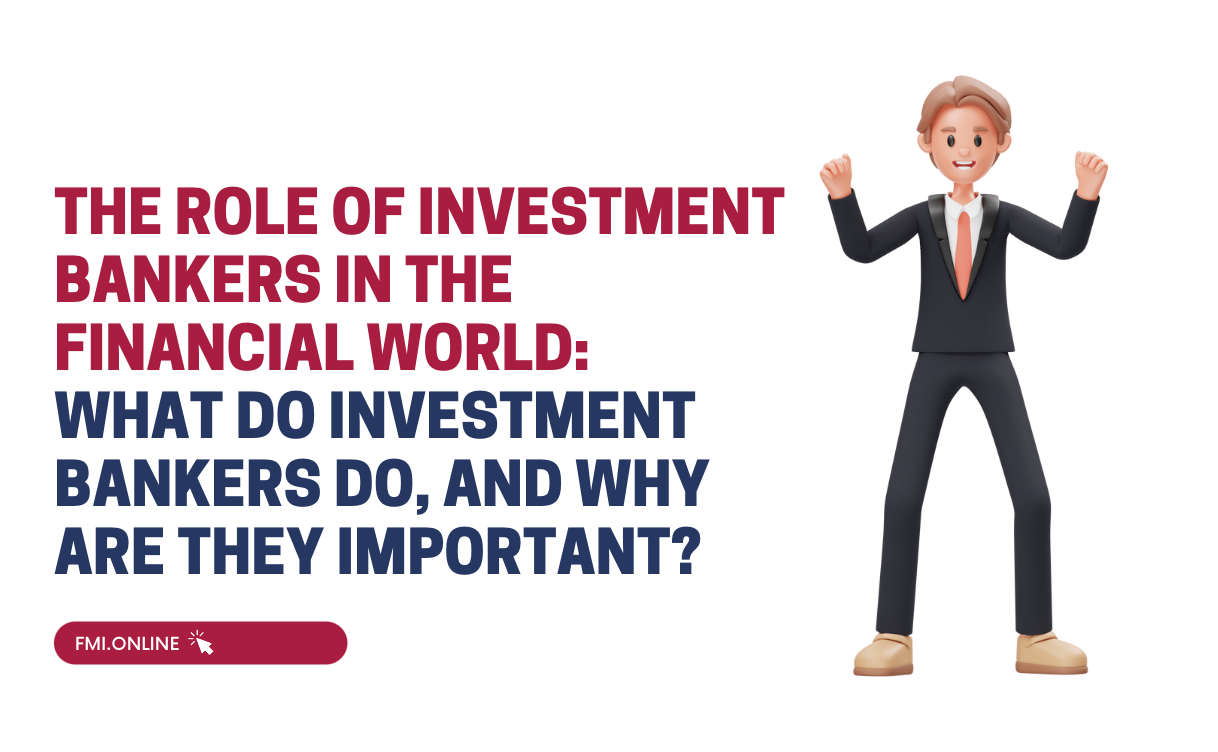With consolidation in global markets and alterations in the supply chain, businesses are exploring the path of M&A to exploit synergies with their global counterparts and achieve efficiency. This has led to an increase in corporate transactions, fuelling the demand for investment bankers. The size of the global investment banking industry is estimated to be over $155 billion and reach over $230 billion by 2026, growing at a CAGR of 10.4%.
Being one of the top career choices for graduates, investment banking tends to attract many applications globally. The allure of a six-figure salary and the prestige of being associated with one of the world’s oldest business institutions can be enticing. This makes breaking into the industry challenging, even if you possess a unique combination of education, experience, and passion. However, you can enhance your chances of becoming a successful investment banker by pursuing the right investment banking course. Let’s see how an such a fundamental finance course can help you land a job in 2023.
Getting the fundamentals right!
According to an ex-investment banker from Merrill Lynch, for any investment banking aspirant, accounting, corporate finance, and investment banking fundamentals as well as valuation methods are extremely important. You must be familiar with: the cost of capital, beta calculation, company valuation, Excel basics, LBOs, DCF Modelling, the formula of WACC, etc.
When you are trying to brush up on the basics, online courses can be a convenient option as they make learning more interactive and engaging. Corporate finance and accounting courses, financial modelling courses, and MS Excel courses can be a valuable starting point for an investment banking applicant. Further, the experiential investment banking courses also offer real-life case studies which not only improve the understanding of the concept but can also be helpful during interviews.
Helps you stand out from the crowd
Top investment banks – the likes of JP Morgan Chase and Goldman Sachs attract over 250,000 student applications every year, out of which only 2% of the applicants are selected. Elementary investment banking courses such as investment banking pathways, financial modelling courses, and accounting courses can improve your understanding of theoretical concepts and help you stand out from the crowd. Pursuing additional corporate finance courses will also highlight your passion towards the field and your willingness to learn, placing you higher than your peers. Thus, improving your chances of landing a job in an investment bank.
Moreover, opting for an online IB course gives you a platform to interact with a diverse group of individuals from the industry with different backgrounds and helps you expand your professional network, which can open new doors for you.
Acquiring a broader skill set
With rising globalisation and ever-increasing digitisation, business models are evolving across industries. Finance is no different as algorithms, data analysis, and forecasting are more valuable than ever before. The rise of Algo-trading is a prime example of this shift. Investment banks are increasingly interested in hiring individuals who have a strong technology background so that they can gel well with their existing trading set-up.
Applicants can exploit this opportunity by upskilling themselves, learning in-demand skills and staying relevant. Online investment banking courses on equity research, application of big data in investing, and data forecasting can offer significant value to both fresh graduates and working professionals who are looking to switch careers.
Conclusion
With the rising demand for investment banking, brutal competition and a dynamic business environment, an applicant must acquire a broader skill set while having a strong hold on corporate finance fundamentals. Online investment banking courses can provide you with an opportunity to gain an edge over your peers and advance in specific areas such DCF calculation and company valuation. As a result, you will have a better chance of landing a job in investment banking in 2023. This is also relevant to fields like asset management and global markets.












 60+ hours
60+ hours 9 courses
9 courses



